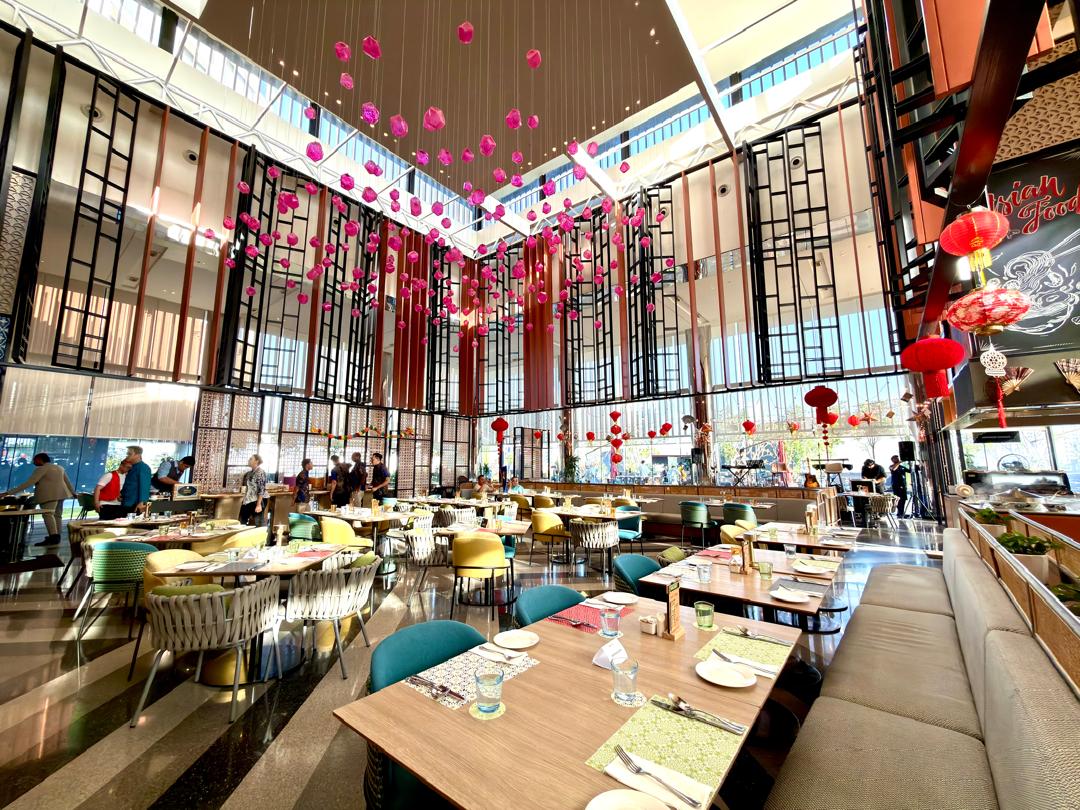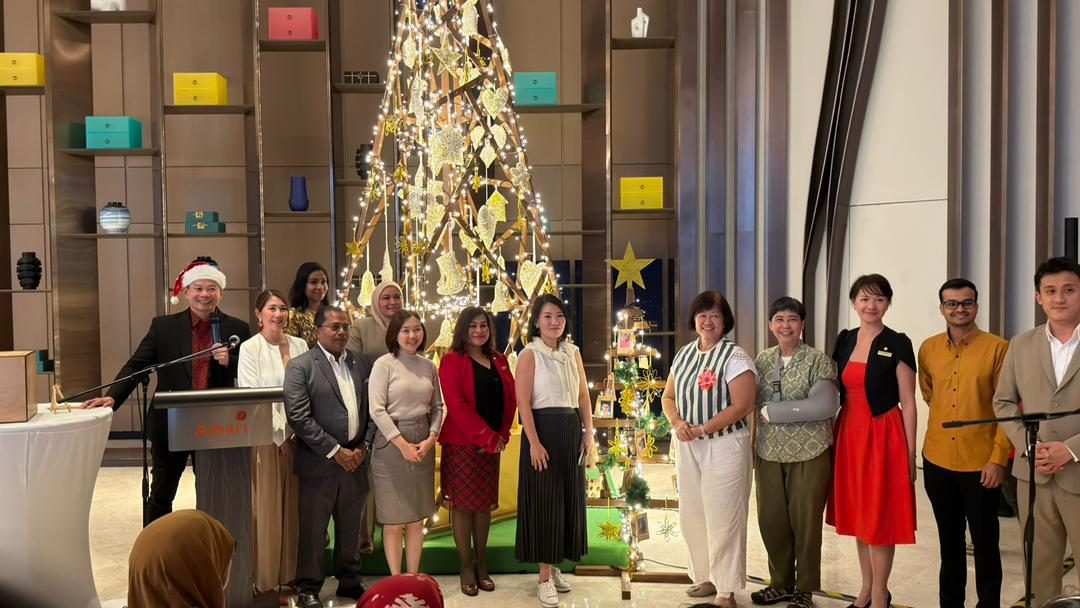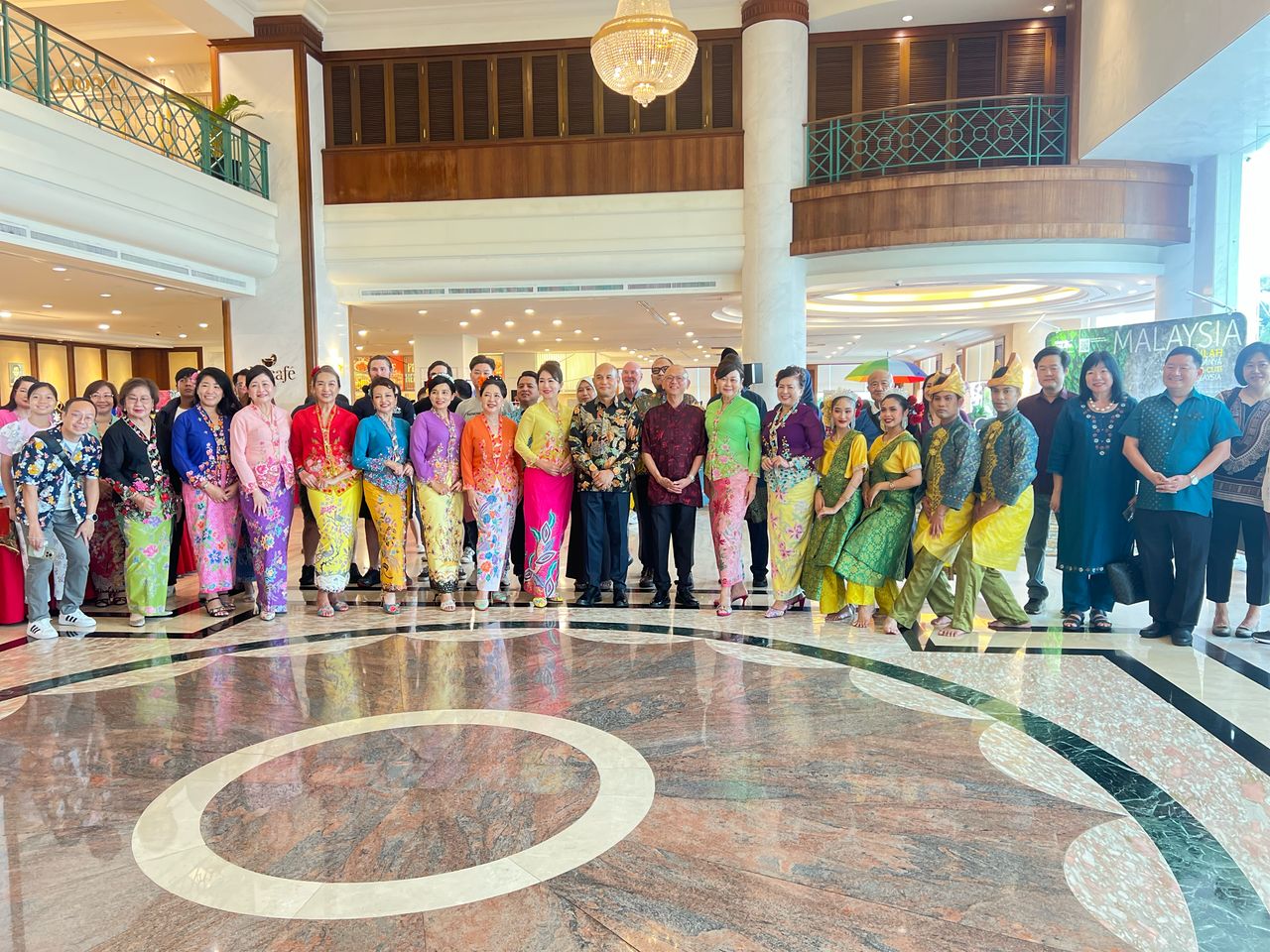GEORGE TOWN: The Malaysian Budget Hotel Association (MYBHA) Penang
chapter has expressed concerns over the proposed 50% increase in hotel fees and the lack
of transparency in the usage of funds collected from tourists.
Its chairman, Andy Lau Eng Leong said, these developments raise significant questions about the fairness, accountability, and effectiveness of the fee management process.
He said that introduced in 2014, hotel fees were intended to support tourism promotion.
“Fees collected—RM3 per room per night for four-star hotels and above, and RM2 for three-star hotels and below—were deposited into a dedicated hotel fee account managed by a
a committee comprising industry stakeholders and local authorities.
” These funds were exclusively used for tourism-related events and promotions, with transparent reporting on the amounts collected and disbursed. However, recent changes have diverted these funds into the state’s consolidated revenue account, compromising transparency and the
original intent of the fees, ” he said in a statement.
He added that the lack of transparency in fund allocation has caused frustration among hoteliers.
” While hotel operators have consistently acted as collection agents since 2014, recent developments have left stakeholders uninformed about how much has been collected, how
it has been utilised and whether it benefits tourism promotion as intended,” he said.
He added that as collection agents, hotels bear the operational burdens of managing these fees. This
includes upgrading property management systems (PMS), training staff to handle guest
inquiries about the fees, and allocating resources to process payments to local councils.
“Moreover, the fees were introduced to support tourism promotion, not infrastructure or
operational costs, which should remain the responsibility of the state government.
“Without transparency in fund usage, hoteliers are questioning their role as a collection.
“Fee enforcement must be consistent across the industry. While hotels are held accountable for these fees, short-term rental (STR) operators, including homestays and Airbnb accommodations, have not been consistently required to collect or contribute,” he said.
While hotels are held accountable
for these fees, he said short-term rental (STR) operators, including homestays and Airbnb
accommodations, have not been consistently required to collect or contribute. Under the Penang Island City Council (MBPP) regulations, STR operations in commercial properties are now legalised and licensed.
He added that the lack of consultation
disregards stakeholder (hoteliers) expertise and risks creating further discontent.
“The State
government must address this imbalance to ensure fair competition and equal
contributions from all benefiting from the tourism industry,” he added.





